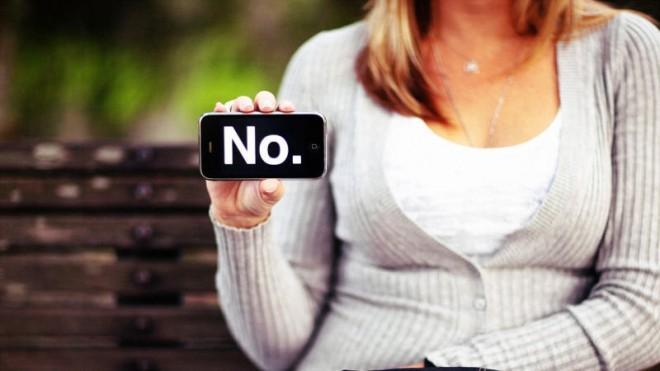She wasn't afraid to try new things or risk failure. So the blogger and knitting enthusiast found herself with her own office at the young age of 21. But her love affair with the word "yes" didn't last forever.
30 years later, she found that her romance with "yes" had finally lost its flame. She was stressed out.
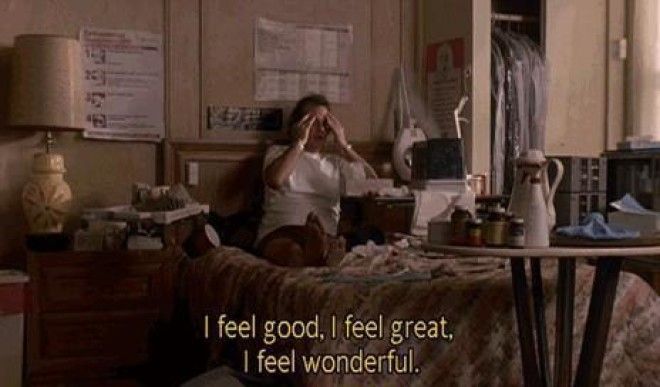
Unfortunately you can't always fake it until you make it.
She found herself saying "yes" to the wrong things, leaving her stretched and overcommitted.
So she decided it was time give a word in her lexicon some extra use.

Not all of us can say "no" with the ease of Grumpy Cat. #lifegoals.
It took a while, but once she perfected "the art of 'no'" she knew she made the right decision.
In a blog post about her journey to learning how to say no, she says getting into the habit wasn't easy, but it was so worth it. She feels better: free, happy, and more helpful!

Here are some simple tips that'll have you saying that two-letter word with ease in no time:
1. Make the commitment to "no" official. Figure out why you need to say it, and declare it.
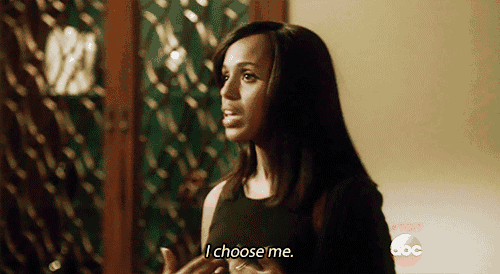
It'll be easier to stick to saying "no" when you've sat down and told yourself why you've made the conscious decision to do so. Kristen's turning point came when she found herself making and delivering 200 desserts by hand for a party that wasn't even hers — when she had her own party the same day! The stress of it left her feeling exhausted and victimized. She decided enough is enough.
So take a minute to think about it: Why do you need to say "no"? Is it to get more sleep? To be less stressed? To have more time to go to the gym or spend time with friends? Remember that every reason is valid. Just make sure you discover yours.
2. Remember: Saying "no" won't make everyone hate you.

Until we learn how to add more hours to the 24 we've got in a day, we just can't do everything. People get that we have limitations — because we all have them. And, you know, there's that thing with sleeping and eating that we humans can't do without.
If people respect you enough to ask for your help, they'll respect you enough to not take your "no" personally. Keep in mind that it isn't the word "no" that's inherently rude; it's how it's said that makes the difference.
3. Overcome FOMO and get comfortable with "doing you."
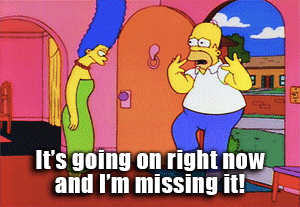
It's easy to feel like Homer, but you can overcome it. I BELIEVE IN YOU!
The temptation to say "yes" can be especially strong when you feel like you don't want to miss out on a great opportunity. If you're tempted to say "yes" out of fear, ask yourself a few questions. For instance: Will there be other parties? Can I really take on another commitment? Will I feel energized or more exhausted if I do this?
4. Discover the magic of using "and" or "but."
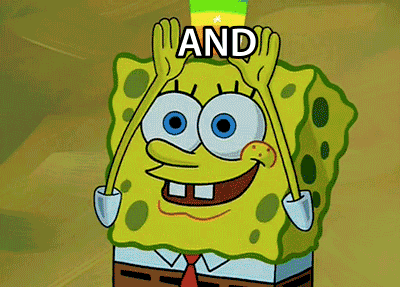
I get it. The idea of a curt "no" might sound terrifying. And nobody likes rudeness. Try these simple additions to help you soften the blow while still sounding confident:
In the resources section of the She Negotiates' website, negotiation consultant and executive coach Lisa Gates shows just how effective these words can be in different situations:
When you're just flat out saying "no."
"Yes, I'd love to participate, and I am going to have to decline."
When you know someone who can do it.
"I love that you thought of me, and I'm unable to participate. How can I help you find someone else?"
When you want to show your appreciation for the ask.
"I think your idea is fabulous, and I'm not able to participate at this time."
When it's "no" — for now.
"Yes, I'd love to participate, but at a later date. Can you ask me again in January?"
5. Keep it short and sweet.
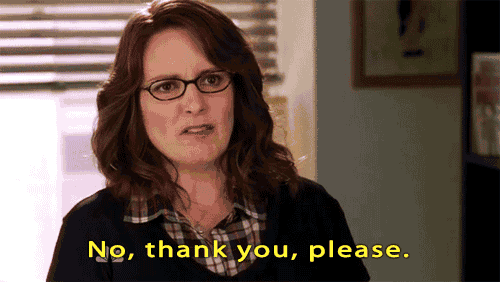
Know that saying "no" is enough. You don't need to provide a long explanation to prove the worth of your "no." Keep it simple while being truthful. It'll be clear, and (bonus points) you don't sound like you're making up excuses!
And if you wish you didn't have to say "no"? Here's another example Gates offers:
I really wanted to attend your party but I was working late and the kids had a meltdown when I came home and by the time things were calmed down it was too late. Besides, someone boxed me in and I couldn't get out of my parking space even if I wanted to. I'm sorry if you were counting on me. How can I make it up to you? Doesn't it sound so much better when you keep it short and to the point?
Following these steps are just the beginning. Fortunately there are a lot of resources out there that can help you learn how to say "no." Check out these posts on Lifehacker or books like "How to Say No Without Feeling Guilty" by Patti Brietman and Connie Hatch.
Creating boundaries can be hard, but having them makes for a happier, more healthy life. It might feel counterintuitive, but saying "no" can actually improve your relationships. Think about it: If you learn how to turn down doing the things you don't really want to do, then you're free to commit to the things — and people — you're crazy about (in the good way).
So go out there and flex those "no" muscles and tell me how it goes. Or not. It's OK if you don't want to report back — just say no. ;)
